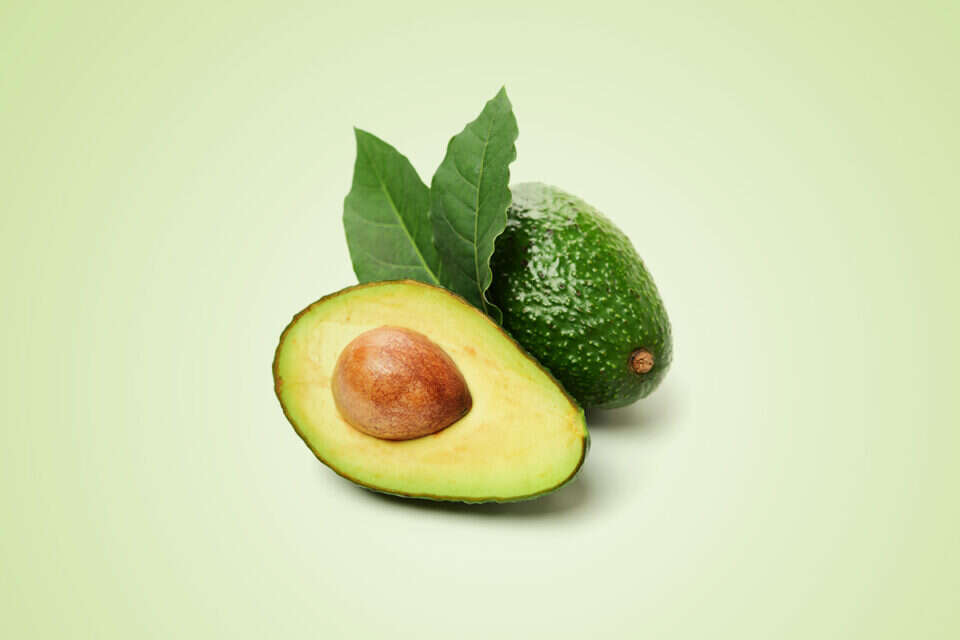In recent years, avocados have become one of the world's favorite fruits: on bread, toast, salad or tortilla – the green fruit on the outside and greenish on the inside managed to conquer our plate and heart – and not just because it is considered healthy for the heart, skin and eyes. But a new book called "The Avocado Debate," by food policy expert Onur May Eldridge, reveals that the popular fruit is at the center of a fierce debate over food policy. We used ChatGPT to find out how avocados can symbolize colonialism.
The book contains claims, some of which Eldridge disputes, that avocados are a "bad" fruit, because in order to grow it, poor communities in Central and South America are robbed of land and water in huge quantities. She delves into the impact of irrigation, fertilizers and pesticides used in the avocado industry on the environment – both globally and locally, on the communities living in the avocado growing environment.
Land grabs, structural inequality, and the impact of the Global North on the Global South are all examined through the lens of greenery. Critics argue that the avocado industry requires a huge amount of water, leading to shortages for people living in its growing areas; In addition, the use of fertilizers and pesticides endangers the ecosystems in its environment; In addition, the growing demand for avocados leads to deforestation to expand its growing areas, which also contributes to the reduction of animal habitats and, of course, global warming.
Eldridge argues that her goal is not to get people to stop eating avocados, but to illustrate the fact that every food choice we make has consequences, positive and negative, and we need to know them and make informed decisions. She emphasizes that no food is 'good' or 'bad', which are simplistic descriptions, but says that appreciation for the complex realities of our food choices must be nurtured.
Wrong? We'll fix it! If you find a mistake in the article, please share with us

